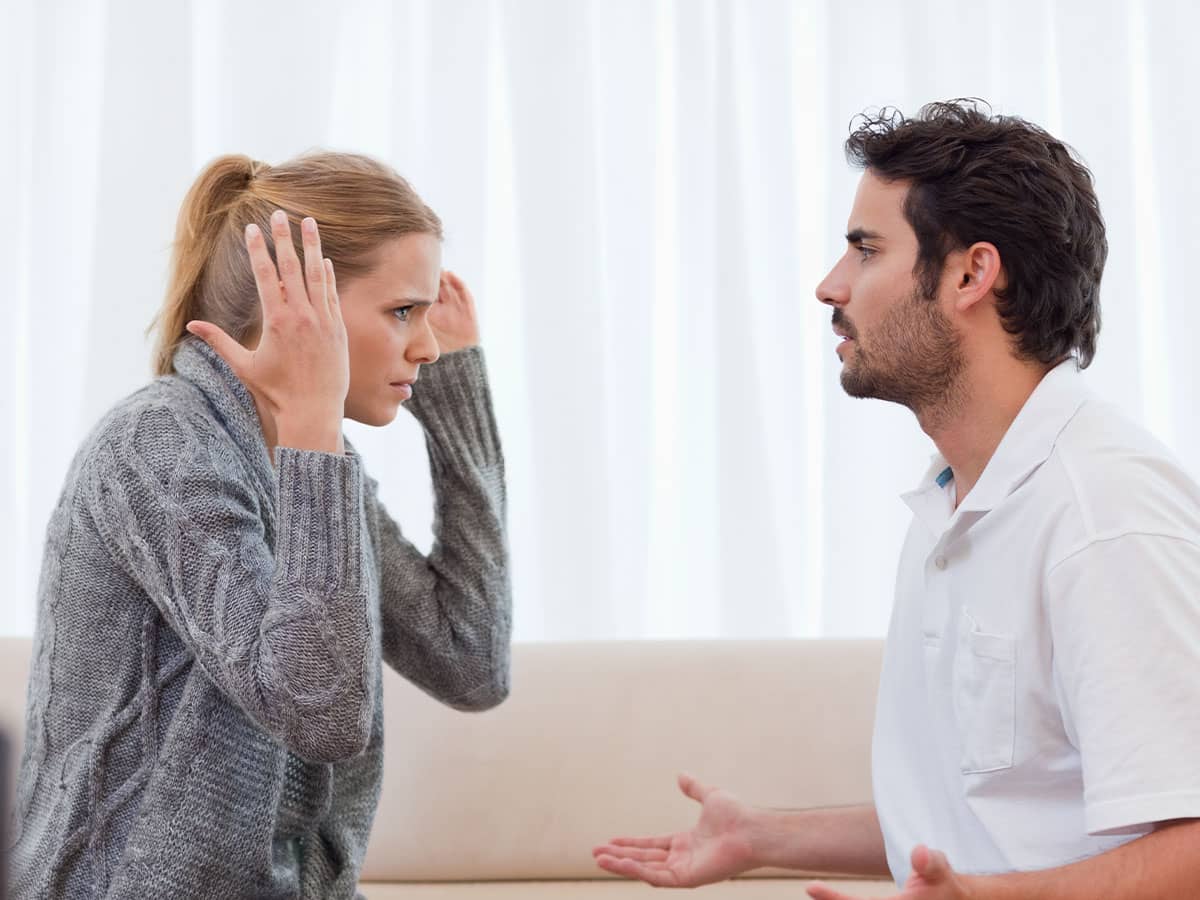If I had a heart problem, would I want a general practitioner to perform surgery - or a coronary specialist?
Of course, the answer is obvious. In truth, I do have a problem of the heart. It's my relationship with Heidi. I'm Jewish, she's agnostic, and although our commitment to one another is healthy, we1re reaching a point where I believe we need to call in a specialist to help us keep the heart pumping.
Our disagreements over religion, particularly when discussions turn to plans for the future, can become particularly heated. What if we got married? Had children? How would it work? These looming issues are a coronary block that needs to be removed now, or we can face some serious risks in our relationship's health in the future.
Heidi was raised an agnostic and has no patience for talk of God or for many of the rituals associated with Judaism. If it were merely an intellectual argument between us, there would be no problem. After all, we came out the other side of the old "December Dilemma" with our relationship intact.
But, of course, when we talk about the future, the subject of as-yet-hypothetical children comes up.
Heidi says we should seek the advice of a secular, couples counselor to work through our differences. I says let's consult with a specialist--a rabbi--and attack the problem at its root, which is in religion. But Heidi believes that to see a rabbi would put her in hostile territory.
I tell her that our differences are not about the existence of God--many Jews don't believe in God--it's about my need to keep Judaism alive within me and teach it to my children.
What I want is practical advice from a Jewish perspective. If Heidi were religious, maybe we'd also seek advice from her priest or minister. But she is not. I am the one who needs to find a level of compromise that's acceptable and still maintain my sense of responsibility as a Jew.
A rabbi,- particularly one who understands and does not judge interfaith dilemmas, can at least tell how other couples in similar situations have compromised on the Judaism issue, how they have settled on an arrangement that both can feel comfortable with. We're not working in a vacuum.
With growing acceptance of intermarriage, and synagogues increasingly reaching out to intermarried couples, there will only be more resources for couples like us.
Heidi argues that a rabbi doesn't really care about the non-Jewish partner. His main concern is to make sure the children of such a union are raised Jewish.
Of course she's right. Rabbis want Jews to have Jewish children. Many go too far, though, and buy into the alarmist argument that American Jewry is going to disappear in a few generations through intermarriage and assimilation.
I've seen and reported on wonderful innovations from Jews who are unaffiliated, atheist, Buddhist, secular humanist, those in interfaith marriages--all those who have been previously categorized and dismissed by the Jewish establishment as "assimilated"--and they all still consider themselves part of the Jewish people. I no longer accept what I was told in my youth--that all offspring of interfaith marriages reject Judaism.
Any rabbi that we seek out for advice would need to be a forward-thinking
one who is not burdened by the Jewish doomsayers.
There is one Reform rabbi in the Detroit area, where we live, whose synagogue openly welcomes interfaith couples. I asked him recently what kinds of advice he gives couples like Heidi and me.
"My goal is to facilitate what's best for the couple," he said. "I don't have any preconceived notions of what that ought to be."
He does, however, have preconceived notions about what is best for the children.
"What I can't be a party to over the longer term is an attempt to give the kids two religions," he said. "I think it's terribly destructive, not only to them, but to the religion."
Where Heidi and I might avoid such a dilemma, however, is the fact that she brings to our relationship no religion except a dogmatic belief that there are more important things in the world to spend time on than praying to a nonexistent creator.
I know many Jews who feel the same way, and I, at times, am one of them. Skepticism is healthy, and children should be taught to question.
So, my head in the clouds, hers down to earth: Maybe that isn't so bad.
What a rabbi is uniquely qualified to do is help us maintain a level of comfort and compromise in that point where the earth meets the sky.

